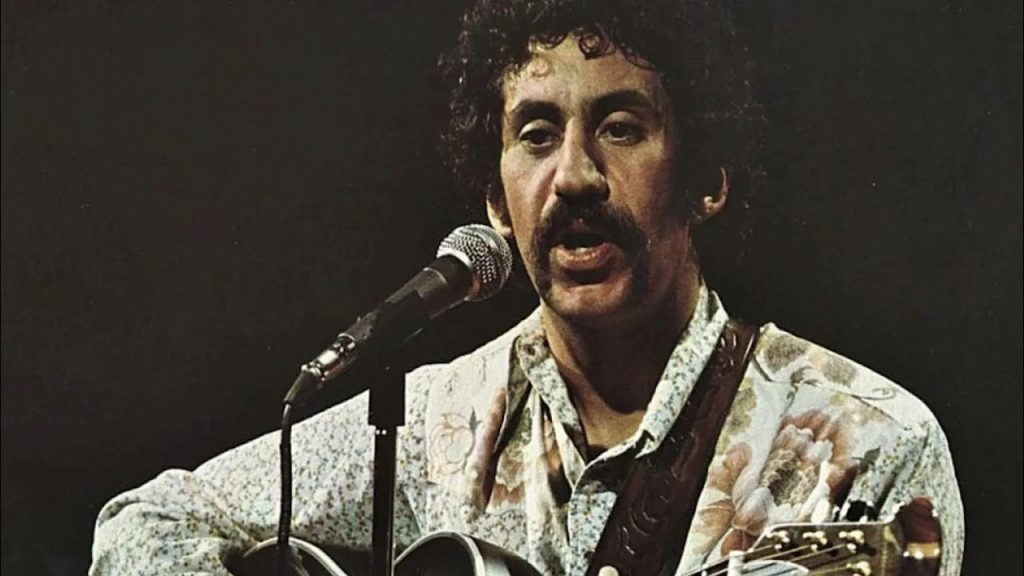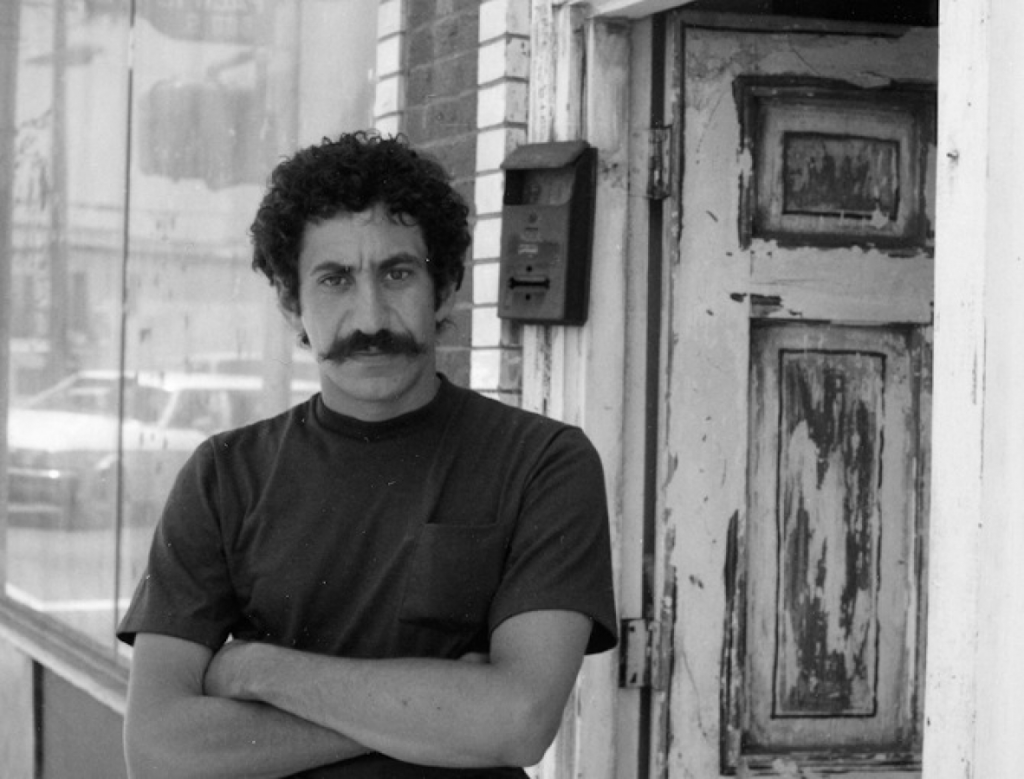
Rediscovering the Timeless Romance of Jim Croce’s “I’ll Have To Say I Love You In A Song”
In 1974, the world was graced with Jim Croce’s heartfelt ballad, “I’ll Have To Say I Love You In A Song,” a track that would soon etch itself into the hearts of listeners and secure its place in music history. Released posthumously on his album I Got a Name, the song soared to number nine on the Billboard Hot 100 chart and number one on the Easy Listening chart, cementing Croce’s enduring legacy as a master storyteller. Written by Croce and his frequent collaborator Maury Muehleisen, this track became an emblem of love expressed through melody, capturing moments that words alone sometimes cannot convey.
The song’s cultural impact is undeniable. It reflects a universal sentiment that transcends time—communicating affection when spoken words fail. Its gentle acoustic guitar and Croce’s soothing voice create a tender atmosphere that resonates deeply with audiences, making it a beloved classic even decades after its release.
As we delve into the reflective layers of “I’ll Have To Say I Love You In A Song,” it becomes more than just music; it is a portal to cherished memories and emotions long past. For many, Croce’s words echo those moments when love felt too grand to encapsulate in mere conversation. The song captures the essence of unspoken devotion, where melody steps in to fill the gaps left by silence. It’s an ode to those quiet nights when lovers sit together, knowing their hearts speak louder than any dialogue.
Listeners who grew up with this classic find themselves transported back to simpler times—perhaps recalling dances in dimly lit rooms or drives along sun-dappled roads with someone special by their side. The song’s gentle rhythm and heartfelt lyrics invite us all to pause and remember the loves that have touched our lives, encouraging us to express our feelings in whatever way we can.
Jim Croce’s legacy is one of profound emotional resonance. His ability to weave narratives that touch on love, longing, and life’s fleeting beauty remains unparalleled. “I’ll Have To Say I Love You In A Song” is not just a declaration of love but a reminder of the power music holds to communicate what lies beyond language.
As you revisit this timeless piece, allow yourself to be enveloped by its warmth and sincerity. Whether it brings back memories or inspires new ones, let it remind you of the importance of expressing love in all its forms. And perhaps explore more of Jim Croce’s discography—a treasure trove waiting to be rediscovered by both old fans and new listeners alike.
